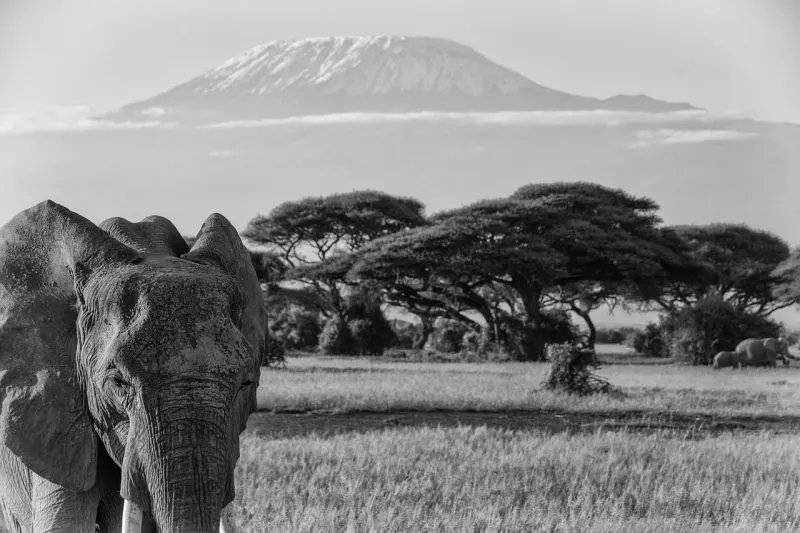Traveling alone can be one of the best experiences for students. It’s the freedom, the self-improvement, the opportunity to live in the world as you wish. However, solitary adventure is not without its dangers. With some simple hints, you can relax and remain safe. Here are 15 simple pieces of advice to get you started on solo travel.
1. Research Your Destination Thoroughly
Before you head out, do your research. Explore the traditions, areas not to visit, and travel tips. Knowing where you are will save you unnecessary risks and give you a greater sense of safety upon arrival.
2. Share Your Itinerary with Someone You Trust
Have a friend or relative be informed of your journey. Share your itinerary, including flight details, accommodations, and any activities you plan to do. So, if you’re out, someone always knows where you are, which can be especially important in an emergency.
Traveling alone as a young person with academic obligations takes time and effort. If you want to prepare well for your trip but assignments pile up, consider asking experts for support. TopEssayWriting.org is the best academic writing service to assist you in these circumstances. Professional assistance can help you stay on top of your studies while fully embracing your travel experience.
3. Stay Connected with Family and Friends
Stay connected to your friends and family while traveling. A regular text, phone call, or social media update can calm you and your family. It means that someone will notice and take action if something goes wrong.

4. Pack Light and Smart
Whenever traveling alone, keep it light. You will own everything and therefore travel more lightly without carrying much stuff. Just bring what you need and not what you don’t need. The fewer your belongings are, the less likely you will attract attention as a tourist.
5. Make a Good Choice Of Accommodations
Choose your lodgings with care. Read reviews of other solo travelers and stay at safe locations. Hostels, hotels, and Airbnb all have security ratings, so try to select a place with a 24-hour reception or security system for extra peace of mind.
6. Blend In with the Locals
Try to avoid looking like an obvious tourist. It puts you at risk of being ripped off or looted. Pay attention to the local traditions and practice a few keywords in the local dialect. Blending in will help you move around with more confidence.

7. Keep Emergency Contacts Handy
Keep a handy guide of key contacts like your nearest embassy, police station, and friend or relative. If you have phone service or a local SIM card, learn how to get quick help.
8. Be Aware of Your Surroundings
You must stay alert and keep yourself updated with the latest news in your area of interest. The same theory applies to solo traveling as well. You must be alert about the places you stay and visit.
You should know where you are walking, especially if it is a loud or unknown place. Don’t use distractions such as your cell phone when you walk, and check on your stuff. Awareness is one of the best ways to be safe when traveling alone.
9. Trust Your Instincts
Feel your gut when it isn’t working. If it’s a new street, a stranger, or an uncomfortable situation, do not be afraid to remove yourself from it. It’s better to be safe than to act without heeding and regretting your instincts.

10. Use Transportation Safely
In public transportation or rideshare, remain vigilant and utilize safe methods. Go for taxis or rideshare, such as Uber, and don’t enter unmarked cabs. If you’re unsure about the safety of public transport, ask locals or your hotel for advice.
11. Keep Your Documents Secure
Photocopy your passport, travel insurance, and identification documents. Keep these copies separate from the originals. It’s also possible to save your digital files to a cloud location if you lose your original documents.
12. Stay in Well-Lit, Populated Areas
When visiting a new city, limit yourself to busy places, especially in the evenings. Don’t wander in dark and unlit streets because it increases your risk of being picked up or harassed. Going where people are busy means you won’t be alone, and the risks are less.

13. Limit the Use of Personal Information
Always avoid disclosing your personal information to people who do not knowing you well. Don’t mention details such as where you’re staying or when you are traveling. Keeping some details private ensures your safety remains a priority.
14. Have Backup Payment Options
You have a few options for money entry: credit card, debit card, or some foreign money. This way, if one doesn’t work, you don’t get lost. Keep these payment methods separated so they can’t all go missing in a rush.
15. Enjoy the Moment and Stay Confident
Traveling alone is an extraordinary way to discover yourself and grow in many ways. Accept the freedom, experience the world around you, and go out of your comfort zone. Confidence makes your journey enjoyable and stops you from drawing unwanted attention.
Stay Safe and Savor the Experience
Traveling alone as a student is one of your life’s most liberating, transformative experiences. With these safety precautions and attention, you can enjoy every part of your trip. Remember, balancing awareness with enjoyment is critical to a successful solo adventure.

